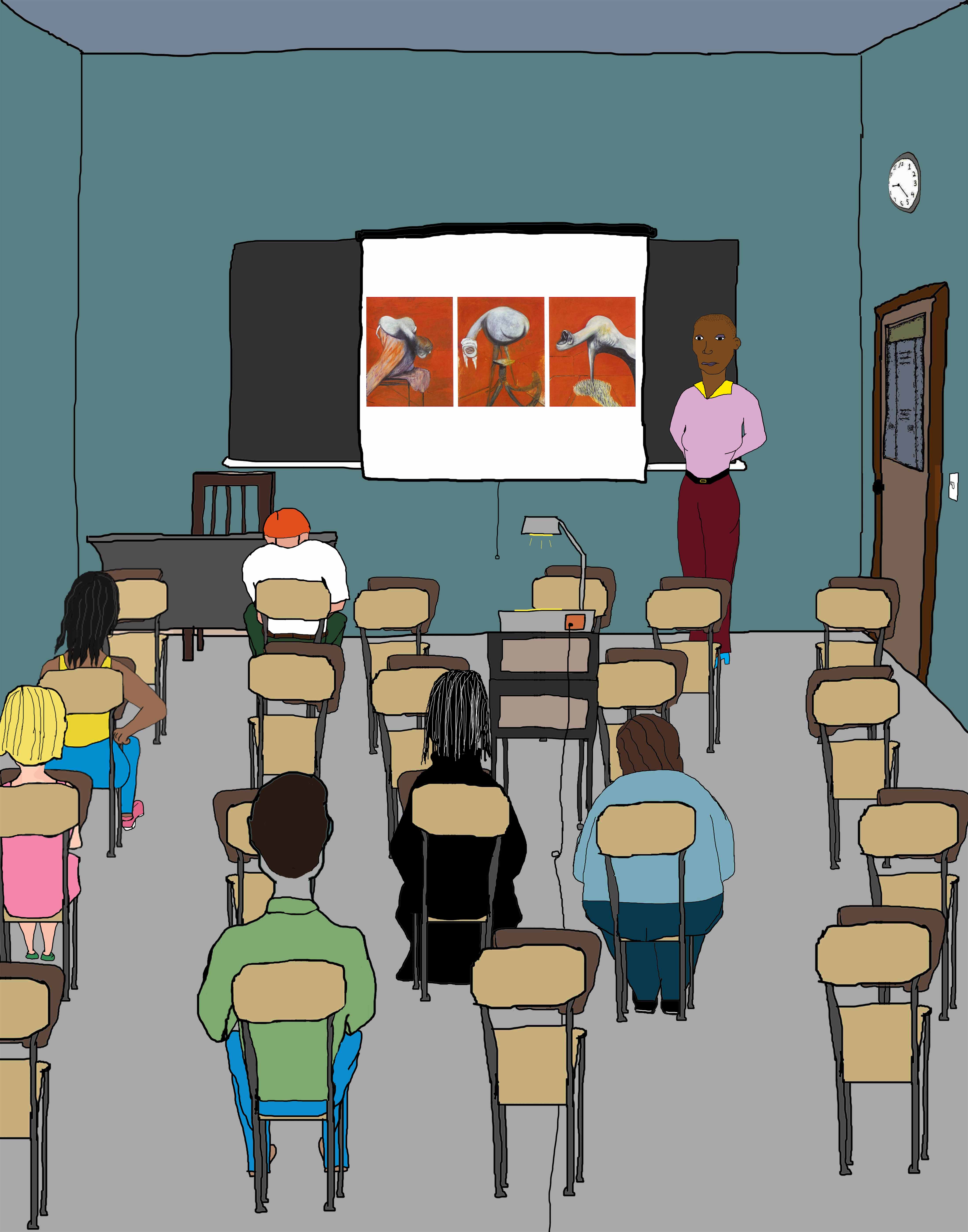Transgressive Circulation: Alireza Taheri Araghi and “Younger Iranian Poets”
1.
In my last post, I wrote that I see a lot of anxiety about translations in US literary discussions: “… the threat of translation is the threat of a kind of excess: too many versions of too many texts by too many authors from too many lineages.” Once you add the writing form another country, the illusion of objectivity of a single “tradition” is put in doubt (of course this dynamic is often at play in smaller, non-major countries).
One way this anxiety is manifested is in the skepticism about foreign texts. Whenever there’s a translation, people wonder: Is this really a major writer? Does this writer really deserve to be translated into our language? Is this translation really correct or is it corrupting the truly great poet? Or, as I noted in the essay I linked to last post, are the “young American poets” being “improperly influenced” by foreign writers without having mastered their tradition.
2.
In his anthology “I Am A Face Sympathizing With Your Grief,” Alireza Taheri Araghi shows no intention of creating an illusory alternative canon of great works of Iran. Instead he has searched out underground poets – or more correctly, Internet poets – who have not been deemed publishable by the Iranian government. In a sense Araghi has done the opposite of the typical canonical anthology; he has chosen “young” poets who excite him, many who have little or none of the official recognition that translation discourse tends to demand.
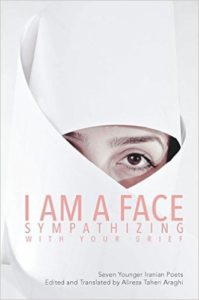
It’s All Good I’m Not Amy Goodman

Russia won the US Elections, white supremacists/fascists/military dictators toasting their BFF heart necklaces in a pyramid scheme, DAPL accepting donations for legal sanitary and emergency purposes, high school students and college students demand sanctuary cities and sanctuary campuses as sites of refuge from fascists, McCarthy-era Submit a Tip watch list compiled by a herd of Sound of Music golden Trump Youth a.k.a Turning Point, families torn apart by white nationalist swamp monsters, Obama somehow became the nation’s First Therapist, deportation trauma continues to swirl, more islands disappear into wrathful unforgiving waters, refugees have nowhere to go despite this one planet, endless slavery and the incarcerated state, $50k Thnxgiving dinners for 8 in Manhattan which is about the same average of graduate student debt in education, science, and arts, the undying click holes of inertia (dance with me, won’t you?), scam universities, the fake news problem, scam everything, the doctrine of legitimacy, elephants still being trained to paint, dolphins be painting too, paranoia as wish-fulfillment, unaffordable Buddhist retreats, warmer degrees, the rising tide of far right conspiracy theory cults, State says literacy is not a right in Detroit, while NYC to spend 1 million per day on Trump security, and a few days ago in Chicago Angela Davis reminded a crowd that “community is the answer.”
Service and Disservice – An Interview with Julia Phillips
I met Julia Phillips several years ago via the tangled web of my polite, friendly, professional Brooklyn-based friends. She was a big part of editing my 2015 book, Popular Photo. Julia is a fiction and nonfiction contributor (respectively) to Glimmer Train, The Antioch Review, The Toast, Brooklyn Volume 1, Buzzfeed, Jezebel, The Rumpus, Slate, The Cut and The Awl, to a few. I admire her ability to bring immediacy to (somewhat? very?) remote subject matter and her descriptions of the narrative approach to specific people, places, characters, communities. Read more from her via Twitter at @jkbphillips. We conducted this interview using email. My questions in bold. READ MORE >
November 21st, 2016 / 12:24 pm
What Your Glasses Say About You as a Writer
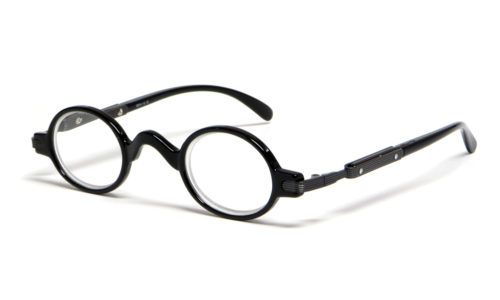
Diane
Your co-op has a foyer and you buy the flowers every other week, and when you do you ask the most expensive flower shop in the Village to do something with orchids and they always do something new and exciting with orchids. You have an impeccable library. You didn’t do the KonMari Method because that’s how you’ve lived since you were three in Montessori. You told your teacher you were going to be a moderately famous writer of very short stories and publish an elegant literary journal. She was your first subscriber. There are times when washing wine glasses you keep your hands under the hot water just because. You sit there watching the steam rise, just holding your hands there because. You write on a typewriter with huge type that allows you to write one word at a time. Your last short story took more than a year. It’s three paragraphs about a man watching a duck get lost in a petting zoo and it is stunning.
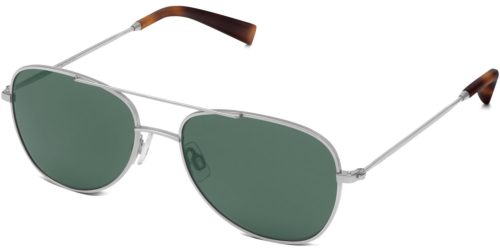
Don
You see the worst in people. You’ve never worn these glasses in the wild, but that’s not why you got them. You got them to get in touch with your true self. Sometimes you put them on and look in the mirror, then you take them off and pretend to be normal. People assume you hate your family, or all families, but that’s not true – your hate is egalitarian, system-wide. You are fascinated by disaster, and seek to understand its compelling nature, its jouissance. You are terse, but proper, and avoid sentimentality as if it were an airborne disease. Discipline is your guiding star; control your moon sign. What this says about you is anyone’s guess, but you seem to be convinced that everyone speaks the same way, as if on the edge of realizing something. You have not owned a television since 1982, the year you last left New York. Your therapist says you are depressed, but you insist it’s a state of always knowing what’s really going on. Your dog’s name is Dread. She follows you everywhere.
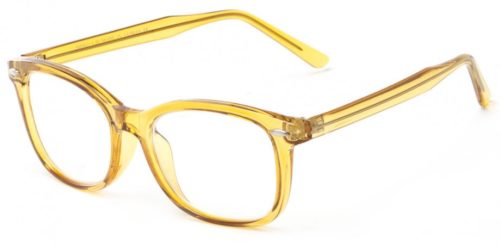
Anne
A relaxing evening for you includes translating Sumerian poetry on tablets at Oxford via Oculus Rift, followed by dinner at a restaurant serving meals in bags that spray gas in your face, an experience they call “conceptual dining,” then dessert at an old-time ice cream parlor. You get a banana split and eat the whole thing by yourself. At night Gertrude Stein comes to you and says, “Love the outfit. Keep it up kid.” And then she becomes a balloon. She always was a balloon, you think. And you go on walking. No one can tell you what to do because you’re on your own map. You are so modern that you are ancient. Most people don’t even know they painted those statues.
November 17th, 2016 / 12:41 pm
i love you, we’re dead meat

My student apologized to me for voting for Donald Trump. He regretted it, he said, because he hurt me, and he never thought it would hurt someone like me.
The week before, he sat with me for almost an hour in my office, and we bonded over poverty. He told me how hard it was to be in college with rich friends, to be so different than them. He felt alone.
He’s talented, and I told him so. He’s funny, and aside from some trouble with comma splices, he’s a good writer. He told me that he’s majoring in business, but he wants to be a journalist. I encouraged him to do that.
He’s talented, and he’s sensitive, and he voted for Donald Trump.
Motto Citizen

You can go back to Nuremburg—where the Nazis held their annual rallies, and where, some twenty years later, the Nuremburg trails were held—and see the blemishes made on the stone from their emblem’s removal. One imagines a worker with a chisel, carefully hacking into the stone much the way language was first carved. Choosing Nuremberg was more symbolic than mere coincidence; and besides, it was the perfect place: there already were spacious courtrooms inside which the Nazis enacted laws that made their morbidly bureaucratic brand of genocide legal. READ MORE >
How I Should Have Known Trump Would Be Elected President
Because a few days ago, I was walking in a garden and saw a pulse of motion and realized there was a hawk in the grass a few feet away from me, and when he turned his cruel and terrible head I saw a dead mouse hanging heavily in his beak like a testicle.
Because that hawk looked right at me before he took off flying, and from the branch where he landed there was a rip, rip, and entrails unraveled like yarn.
Because once my uncle showed me all of his guns, and there were so many of them lined up in a drawer beneath his bed, and the ammunition rattled in its box like movie theater candy.






